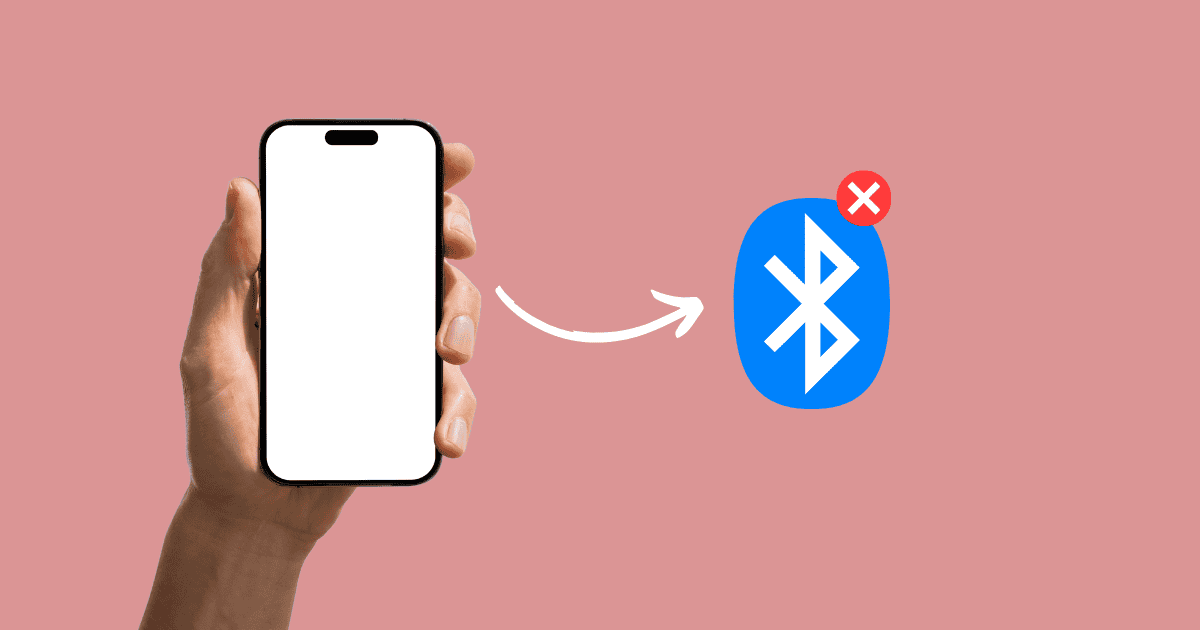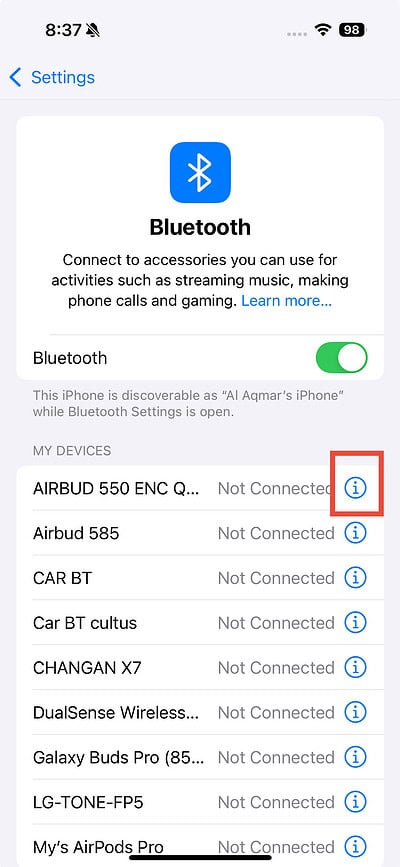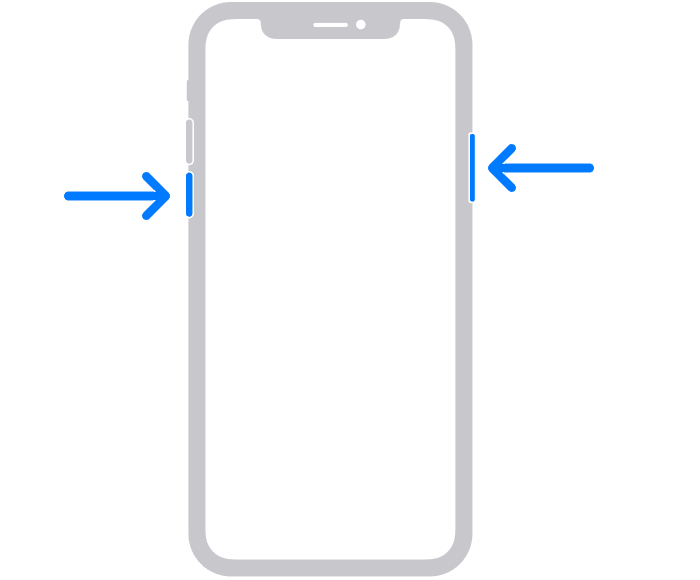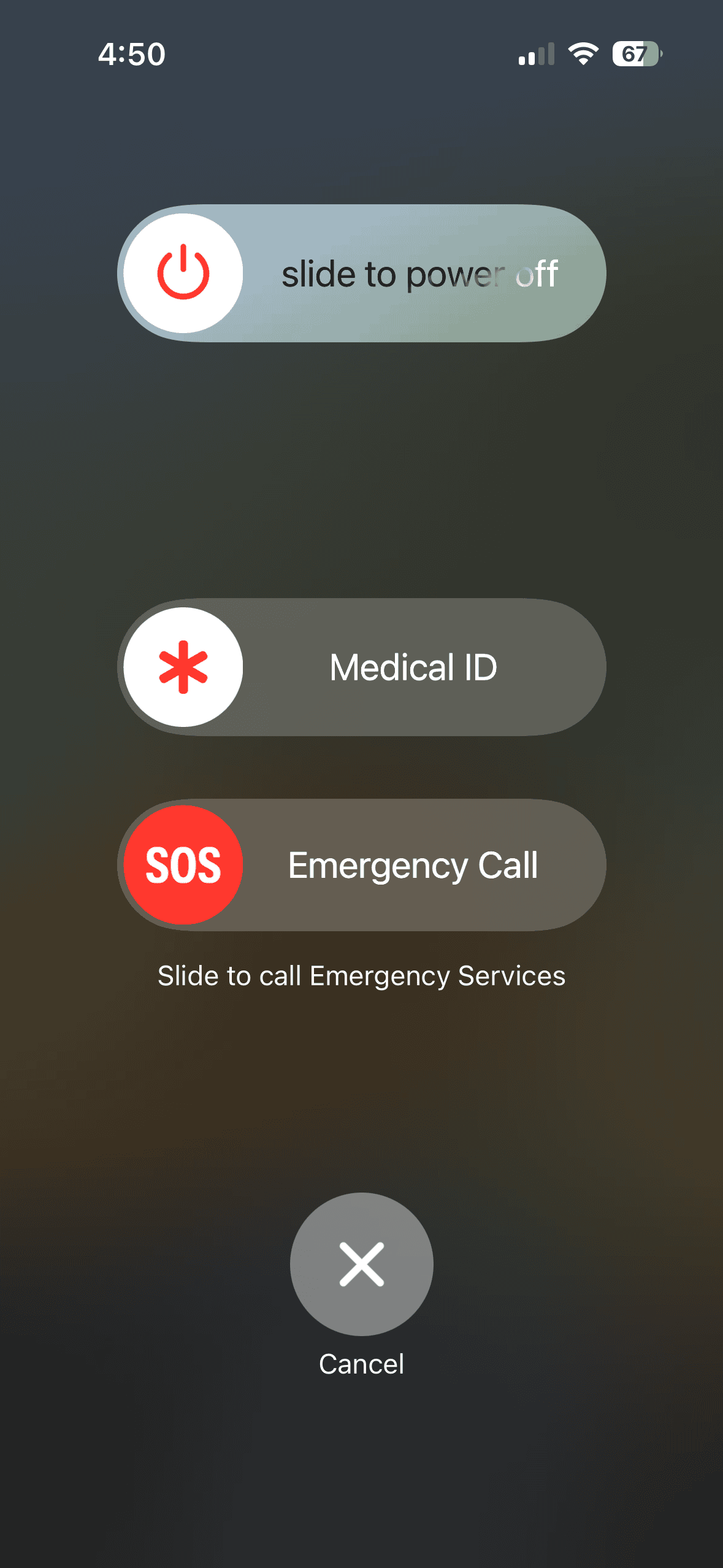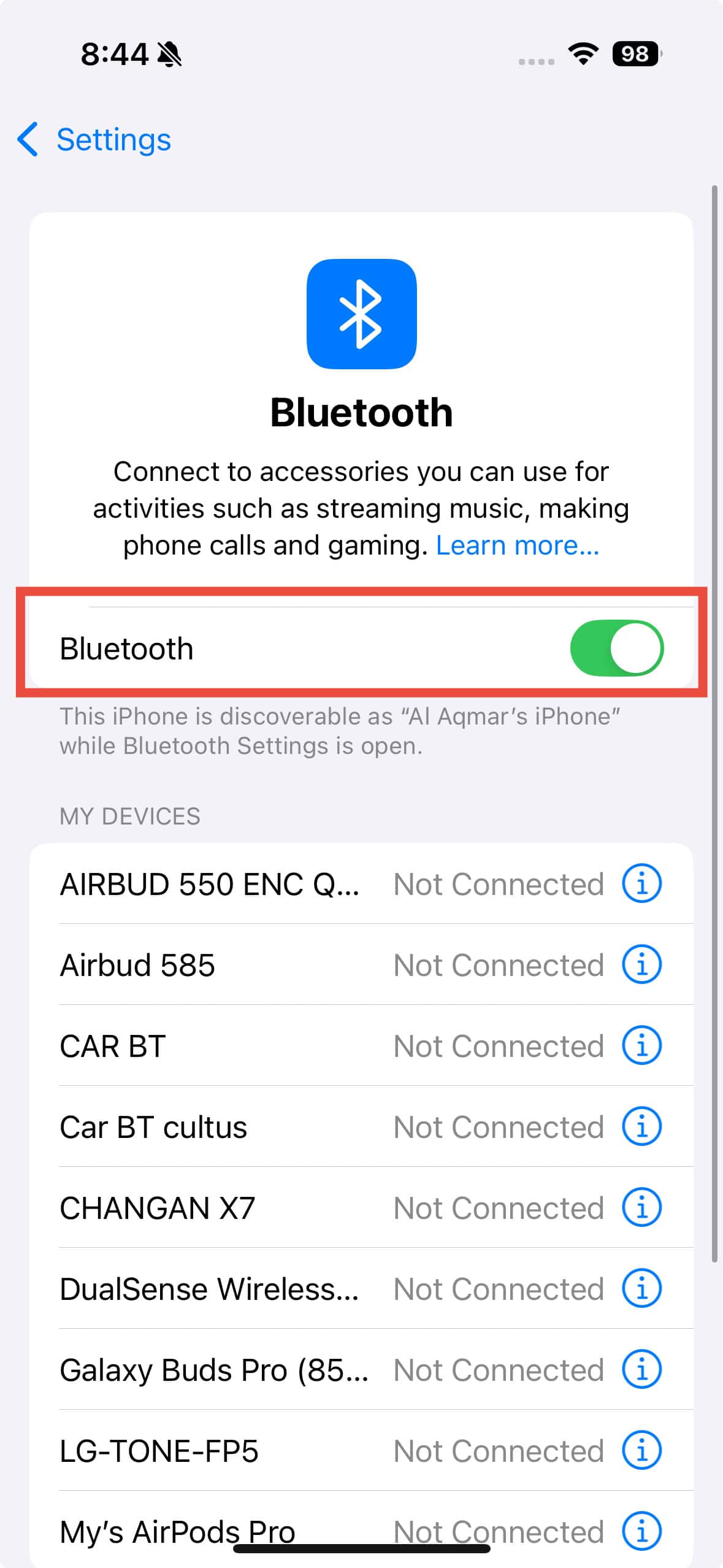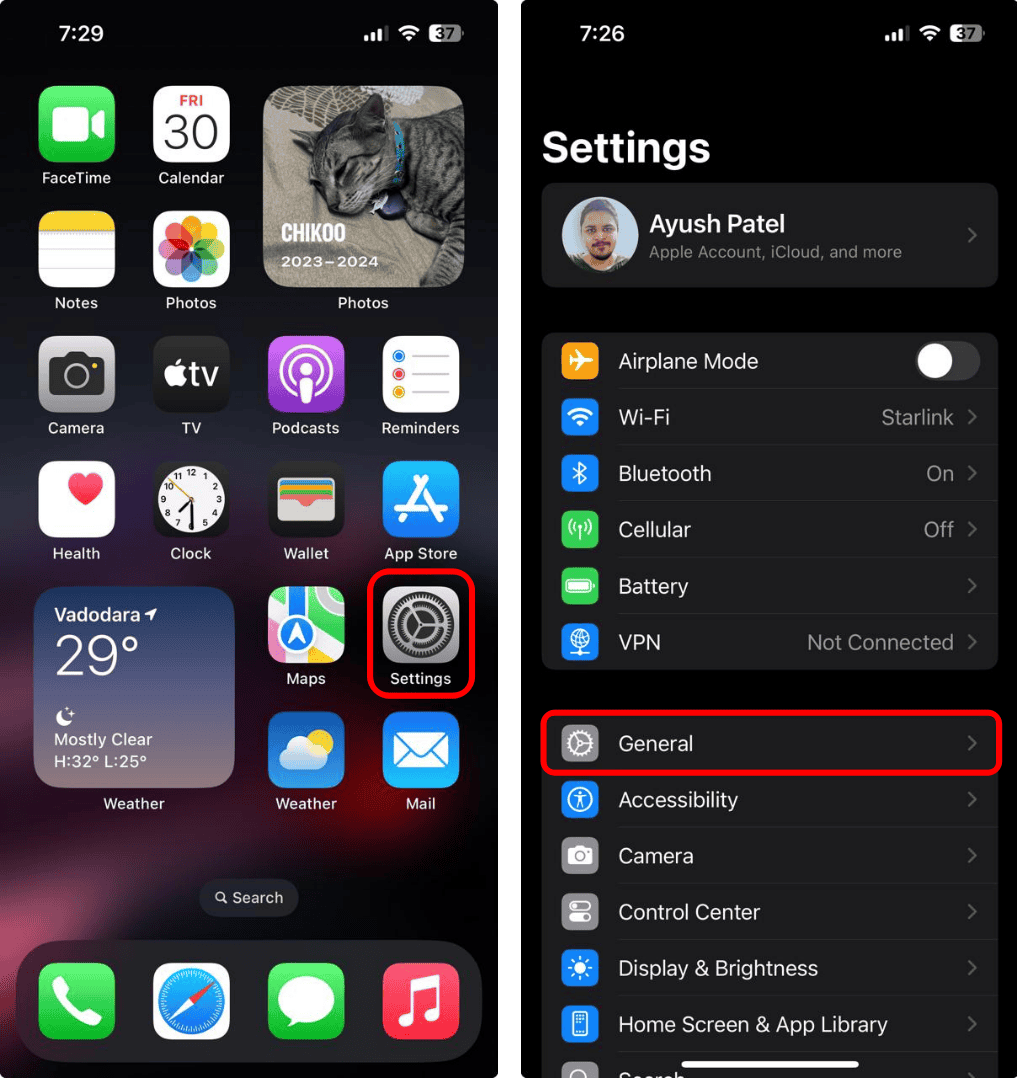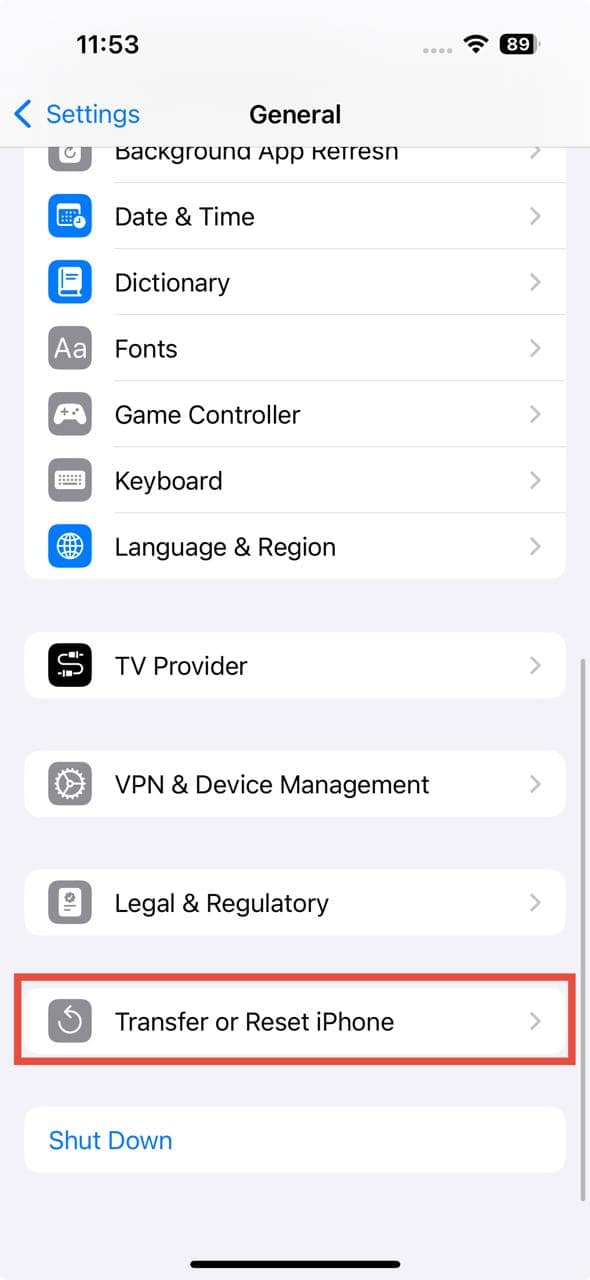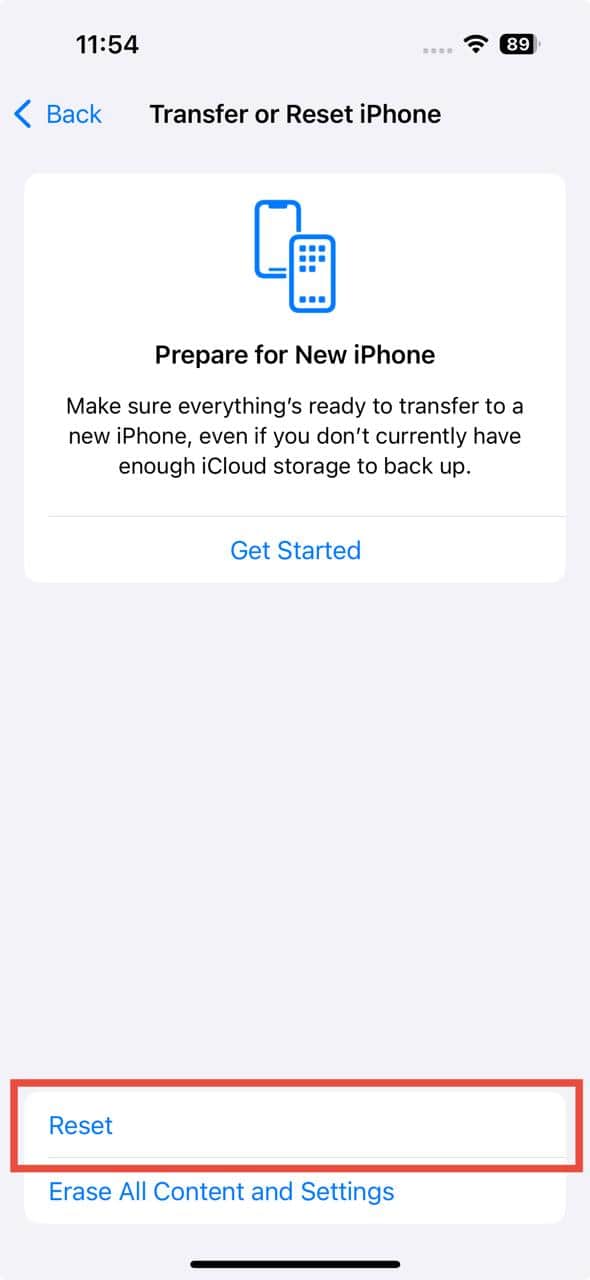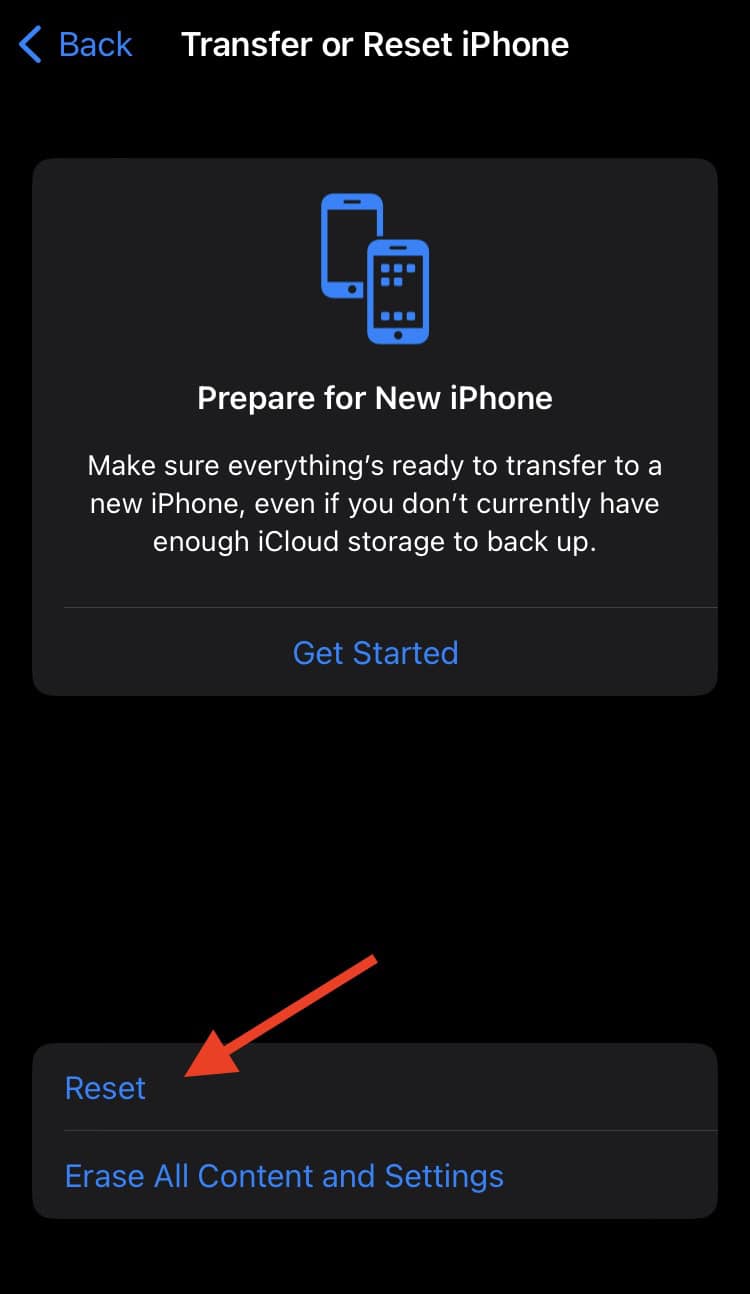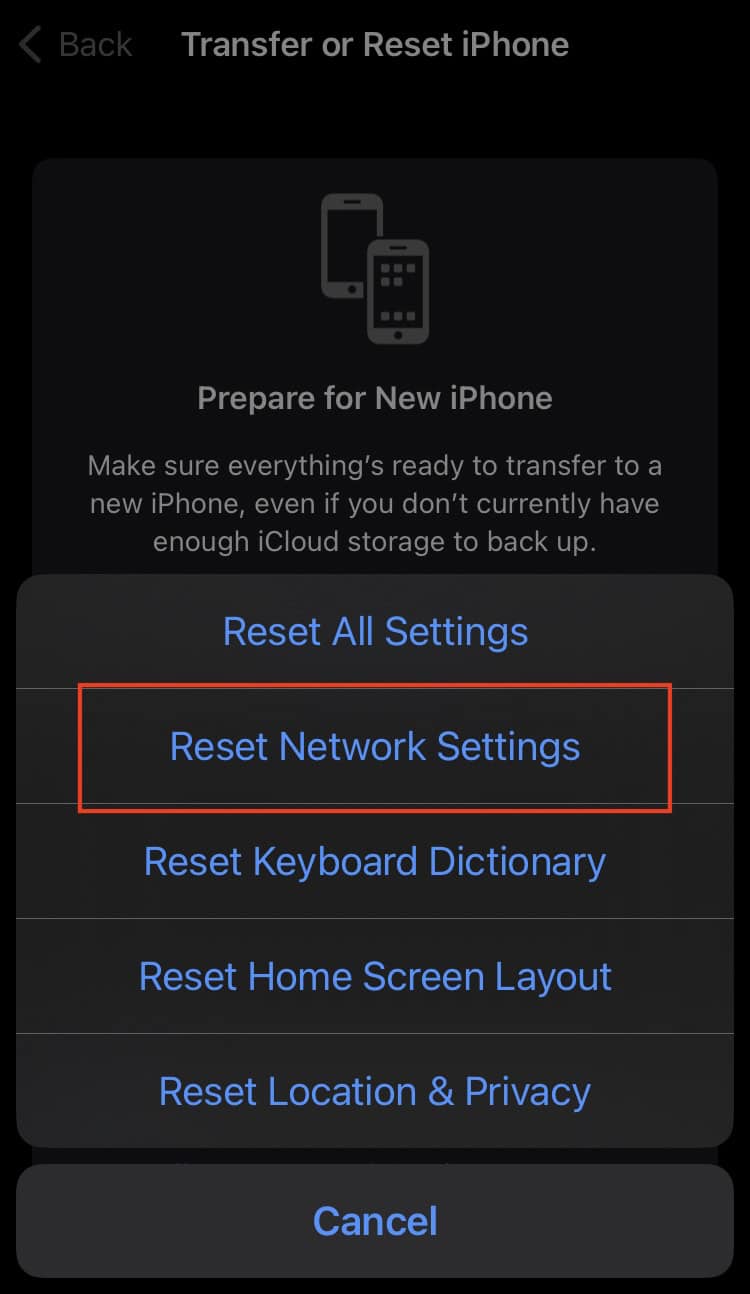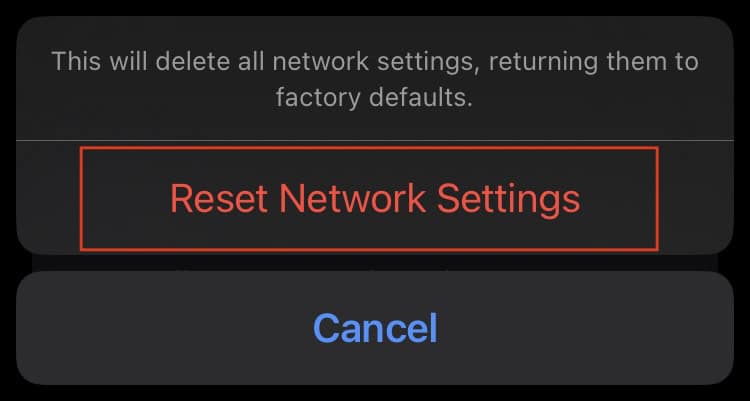You just bought the brand-new iPhone 16 and can’t wait to show it off to your friends at work. As you hop in the car, ready to blast your favorite playlist, you realize Bluetooth isn’t working! This exact situation happened to a friend of mine, and it’s a common issue that other iPhone 16 users have reported online.
Bluetooth problems are the worst, especially when you rely on it for calls, music, and everything else. However, before you rush to get a replacement, take a minute and try these quick fixes.
How to Fix Bluetooth Not Working on iPhone 16
1. Unpair & Re-pair the Bluetooth Device to Your iPhone
One of the easiest ways to fix Bluetooth issues is by unpairing the device and then pairing it again. This gives the connection a fresh start and usually clears up any temporary glitches. If your iPhone keeps auto-switching Bluetooth devices after pairing, follow our guide to fix it. Here’s how to do it:
Time needed: 1 minute
Follow these steps to forget a Bluetooth device on your iPhone:
- Go to Settings > Bluetooth. You’ll see a list of all the previously paired Bluetooth devices.
- Tap the More Info button (i).
- Tap Forget this Device to remove the device from the list.
- Re-pair the device by returning to Settings > Bluetooth and choosing the device from the available list.
2. Restart Your iPhone
An abrupt restart often clears up temporary glitches, bugs, and minor software issues that might be messing with the iPhone 16 Bluetooth. Completely powering down your phone and turning it back on gives the operating system a fresh start, clearing out any small problems that have built up over time and may be interfering with Bluetooth connectivity.
- Press and hold the Power and Volume Down/Up buttons simultaneously for a few seconds until the power off screen appears.
- Drag the Slide to Power Off button to the right to switch your phone off. Wait for a few seconds.
- Press and hold the Power button until the Apple logo appears on the screen.
3. Toggle iPhone Bluetooth On and Off
Sometimes, turning Bluetooth off and then back on again is enough to unstick whatever is misbehaving.
- Open Settings and go to Bluetooth.
- Toggle Bluetooth off. Wait a few seconds.
- Toggle Bluetooth back on. Try reconnecting your device.
4. Make Sure Your Bluetooth Device is Updated
Always make sure the device you want to connect to your iPhone via Bluetooth is updated, as developers often fix software bugs that would prevent it from connecting. Follow the manufacturer’s update instructions. You can find these instructions on their website, and you can also usually see an option to update the device’s settings.
5. Reset Your iPhone’s Network Settings
Reset your network settings to fix persistent Bluetooth issues caused by network misconfigurations. When you do this, it clears out all your network-related settings, including saved Bluetooth pairings, Wi-Fi connections, and VPN configurations. Here’s how to do it:
- Go to Settings > General.
- Tap Transfer or Reset iPhone > Reset.
- Tap Reset Network Settings.
- Type your passcode to authorize the action.
- Tap Reset Network Settings in the dialog box to confirm.
6. Restore Your Device
If you have run out of options, you can reset your device and restore it from a backup. Before doing this, make sure to have a backup ready to avoid losing any data.
- Go to Settings > General.
- Tap Transfer or Reset iPhone > Erase All Content and Settings.
- Tap Continue and follow the on-screen instructions to complete the process.
